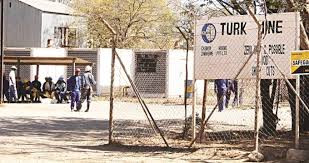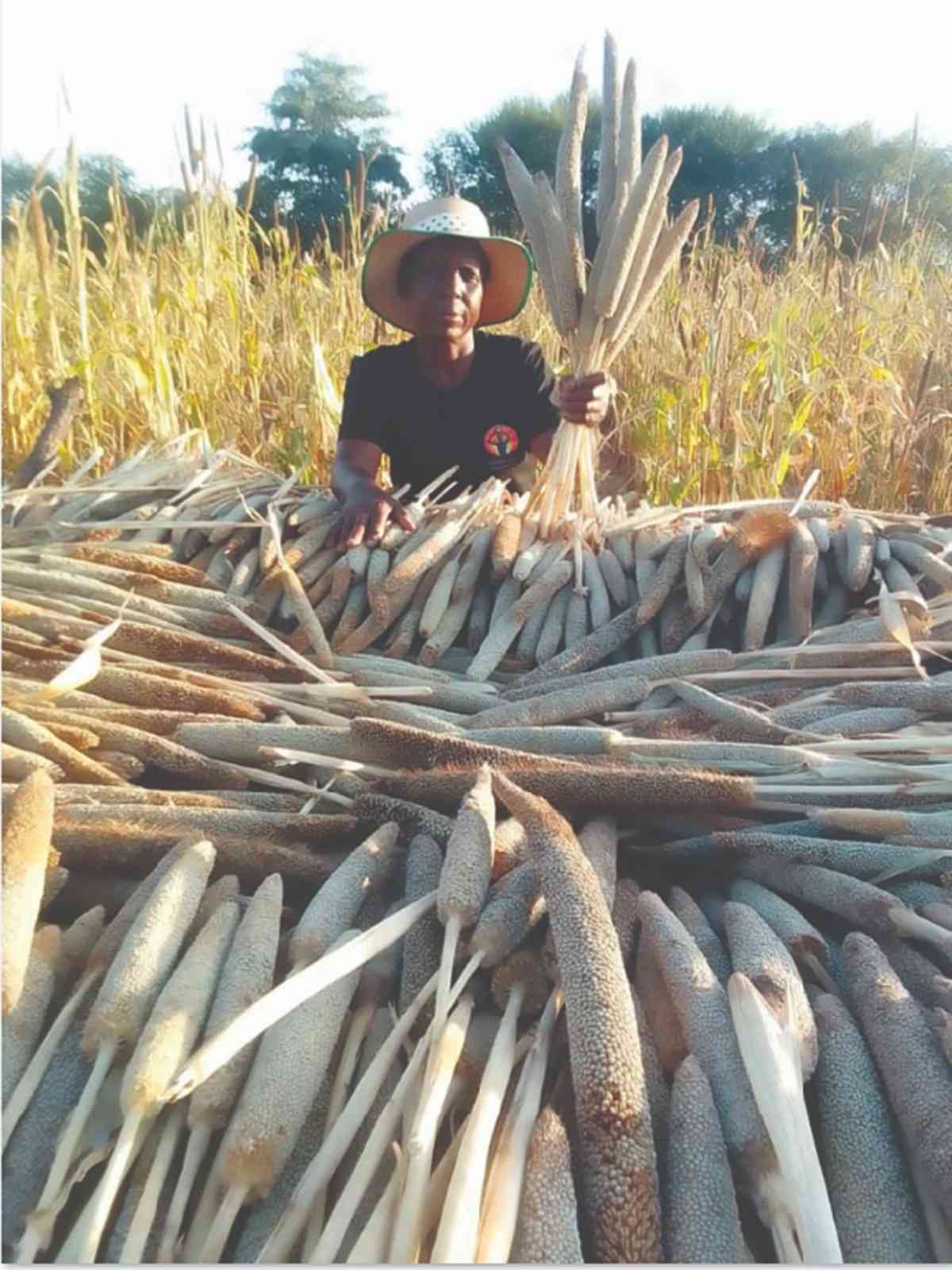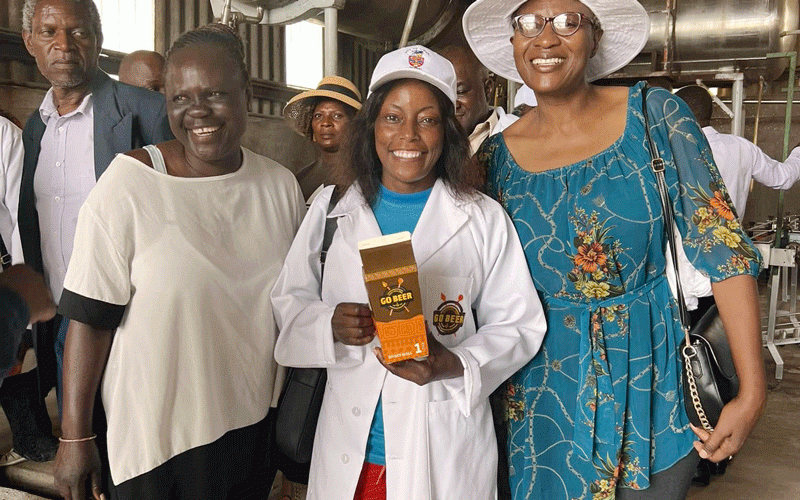
Local authorities in Matabeleland are failing to collect adequate revenues from mining operations within their jurisdictions owing to inconsistencies in the outdated Mines and Minerals Act.
According to the Rural District Councils Act [Chapter 29:13] Section 96 (1a-e), landowners within RDC boundaries are required to pay development levies.
Furthermore, Section 255 of the Act provides for certain payments to be made by miners to local authorities.
Bubi RDC chief executive, Patson Mlilo, said inconsistencies and outdated provisions in the mining legislation have made enforcement difficult.
Mlilo expressed concern over significant revenue losses resulting from unpaid development levies by several mining companies operating in the gold-rich district as a result.
Major gold mines operating in the area include Turk Mine, Queens Mine, Lonely Mine, Wessels, Sill, and Pilgrim.
"As a council, we charge mine development levies, but the amounts are far below what we would expect," Mlilo said.
"The levies are based on the number of employees a company has.
- I will definitely win 2023 elections: Mwonzora
- We will rule forever: ED says
- Candid Comment: Monetary authorities living in a fool's paradise
- Measles death toll hits 650
Keep Reading
“The Mines and Minerals Act stipulates that the first 100 employees a mine employs constitute one unit."
He added: "We would have preferred that levies be calculated based on output rather than manpower. Mechanisation has changed everything.
“Now, companies can extract significant amounts of gold with minimal labour, which means we collect less revenue even when production is high."
Mlilo also criticised mining companies, particularly Chinese-owned firms, for their reluctance to undertake corporate social responsibility (CSR) projects in the district.
He accused some of the companies of damaging local infrastructure, especially roads.
“We have tried numerous times to engage the mining companies about fulfilling their social responsibilities, but they have not been responsive,” he said.
Adding to the challenge, Mlilo noted that many mining firms operating in the area were headquartered outside the district.
"They just come here to extract the gold and transport it to cities like Bulawayo or Harare where the real beneficiaries are,” he said.
“What we are left with are these abandoned shafts you have seen."
The current Act enacted in 1983 is widely regarded as outdated and misaligned with modern mining practices.
The government has since introduced the Mines and Minerals Amendment Bill HB 10, 2022, which proposes a series of changes to the Act.
Bulawayo-based commentator, Effie Ncube, said the proposed amendments were long overdue.
“As it stands, the Mines and Minerals Act is a huge disservice to local authorities,” Ncube said.
“It’s critical that the law ensures mining activities contribute to local economic growth and job creation.
“There is a lot of money in the mining sector, but unfortunately very little of it reaches the communities hosting these operations.”
Among the proposed amendments is a provision requiring miners to submit within 30 days of registration, a work plan, an environmental impact assessment (EIA) report, and a social responsibility certificate to maintain their mining rights.
“This is a welcome development,” Ncube said.
“It ensures environmental protection and compels mining companies to be socially accountable to the communities they operate in.”
Mlilo also raised concerns about the growing number of abandoned mines in Bubi, which pose a danger to both livestock and residents.
He cited one case where a Chinese company allegedly abandoned a mine after failing to find commercially viable gold deposits.
“Even when fenced off, people often remove the barriers, turning these sites into serious hazards, especially for children and animals,” he said.
“We urge mine owners to follow proper decommissioning and rehabilitation procedures as outlined in their EIA reports,” he said.
The Bubi RDC is currently engaging the Ministry of Mines and Mining Development and the Environmental Management Agency in a bid to find lasting solutions to the environmental and regulatory challenges in the district.
Bubi, located in Matabeleland North province, is endowed with vast gold deposits yet despite its mineral wealth, the district remains underdeveloped.










